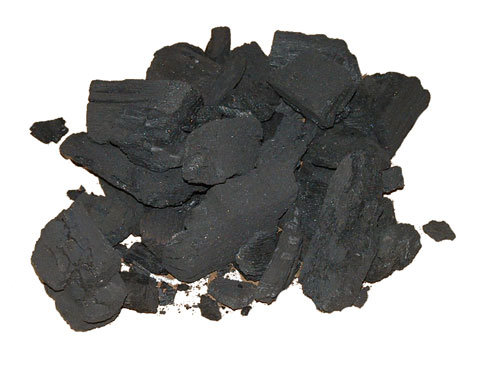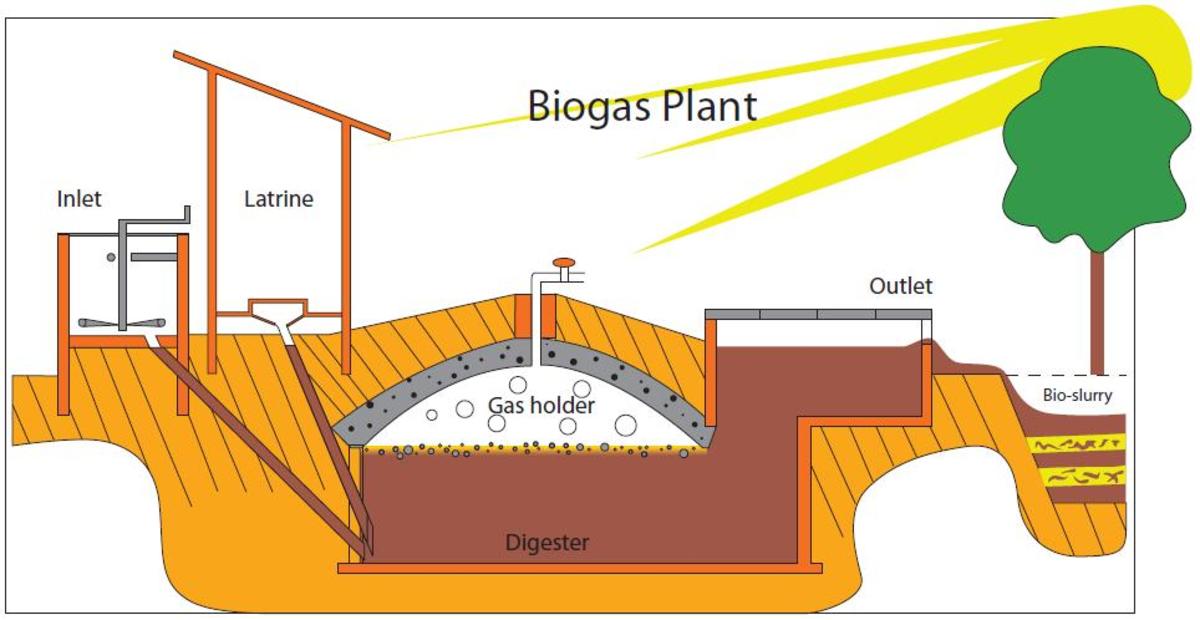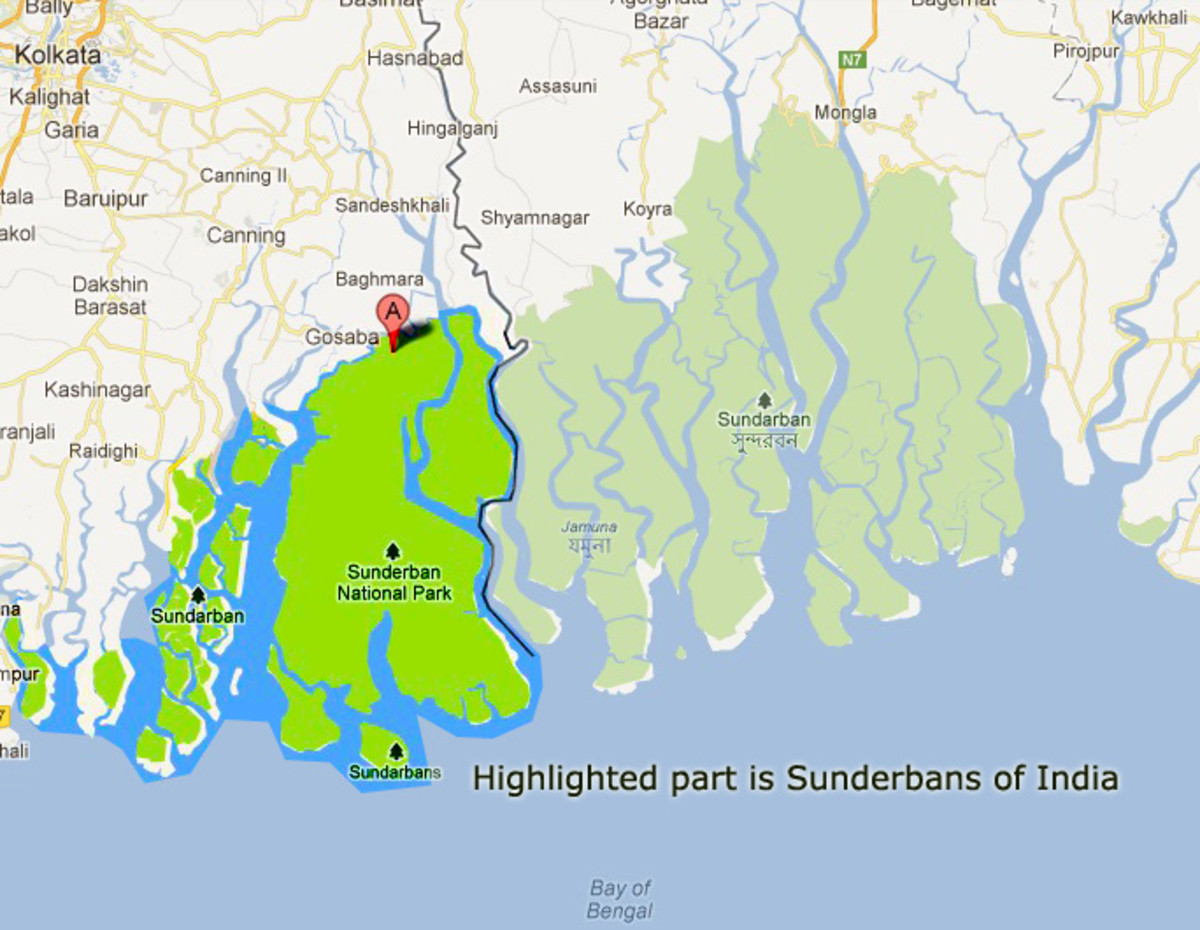Biochar; the name geeks give charcoal
Carbon capture future?

Sinking carbon as charcoal could help mitigate climate change
True to form, my attempts to focus on my academic work for more than two
minutes during the working day have yet again failed, and I’ve found
myself engrossed in another topic – Biochar. Well at least it’s not the cricket this time, and I can at least claim with a level of certainty that
biochar at least has something to do with sustainability, though whether
or not it can be done at home or not is open to interpretation!
First,
the background: Biochar is just a nerdy and more scientific sounding
way of saying charcoal, the ordinary substance that we’re all aware of
from family barbeques. As its new name suggests, it is a charred
bioorganic material, typically wood. Biochar is comprised of between 50
and 95% carbon and made by burning or baking organic matter in
anaerobic conditions – as I’m sure many of you reading this blog are
aware. However one of the aspects of biochar not considered until
recently has been its ability to sink carbon.
Biochar is an
incredibly stable material, and as opposed to your average bit of
organic matter isn’t going to rot either aerobically or anaerobically,
and therefore won’t create CO2 or methane as it does so. It therefore
follows that if you create a kilo of biochar, then typically 800 grams
of carbon will be sunk within it, breaking the carbon cycle and making
safe from contributing to the greenhouse effect. This biochar will now
keep the carbon locked within it for up to 5000 years! I repeat, 5000
years!
Of course as an average household creates around 6 tonnes
of CO2 in a typical year, no one is suggesting that you might be able to
burn the 8 tonnes plus of hedge clippings required to offset an entire
households’ worth of material! But scaled up to provide a service for
even a percentage of the 140 million tonnes of discarded organic waste
produced in the UK each year, biochar could put a serious dint in
offsetting carbon in the long term.
Of course, we then have to
establish what we’re going to do with this charcoal, but again the
answer is encouraging! Biochar has the added bonus of being very a very
good addition to soils, particularly in the tropics where they improve
soil structure and allow a soil to hold onto a greater number of
nutrients. Biochar-slash and burn could be employed in rainforests
where soil nutrient depletion currently drives farmers deeper and deeper
into virgin forest. Indeed charcoal was been added to soils in the
Amazon region hundreds of years ago for just this reason.
So can
we make a difference at home? Well, probably not, but this shouldn’t
stop us from trying in some small way! I’m sure lots of you out there
are going to burn organic waste at some point this year so you may as
well experiment while you do! Get a biscuit tin (or a number of), fill
with bit of dry(ish) wood and stick it in your bonfire. The black stuff
left in the tin is your very own biochar (being careful to remember to
call it this, as it sounds more impressive than “charcoal”). Once it’s
cooled, weight it and estimate that 80% of the weight is carbon. Hey
presto, you’ve sunk that amount of carbon! Now dig it into your soil!
- International Biochar Initiative | International Biochar Initiative
The internation initiative to make biochar usage a research - The UK Biochar Research Centre | Welcome to the UKBRC
Cutting edge research into biochar in the UK - Biochar - Wikipedia, the free encyclopedia
In-depth information on the substance previously known as charcoal








